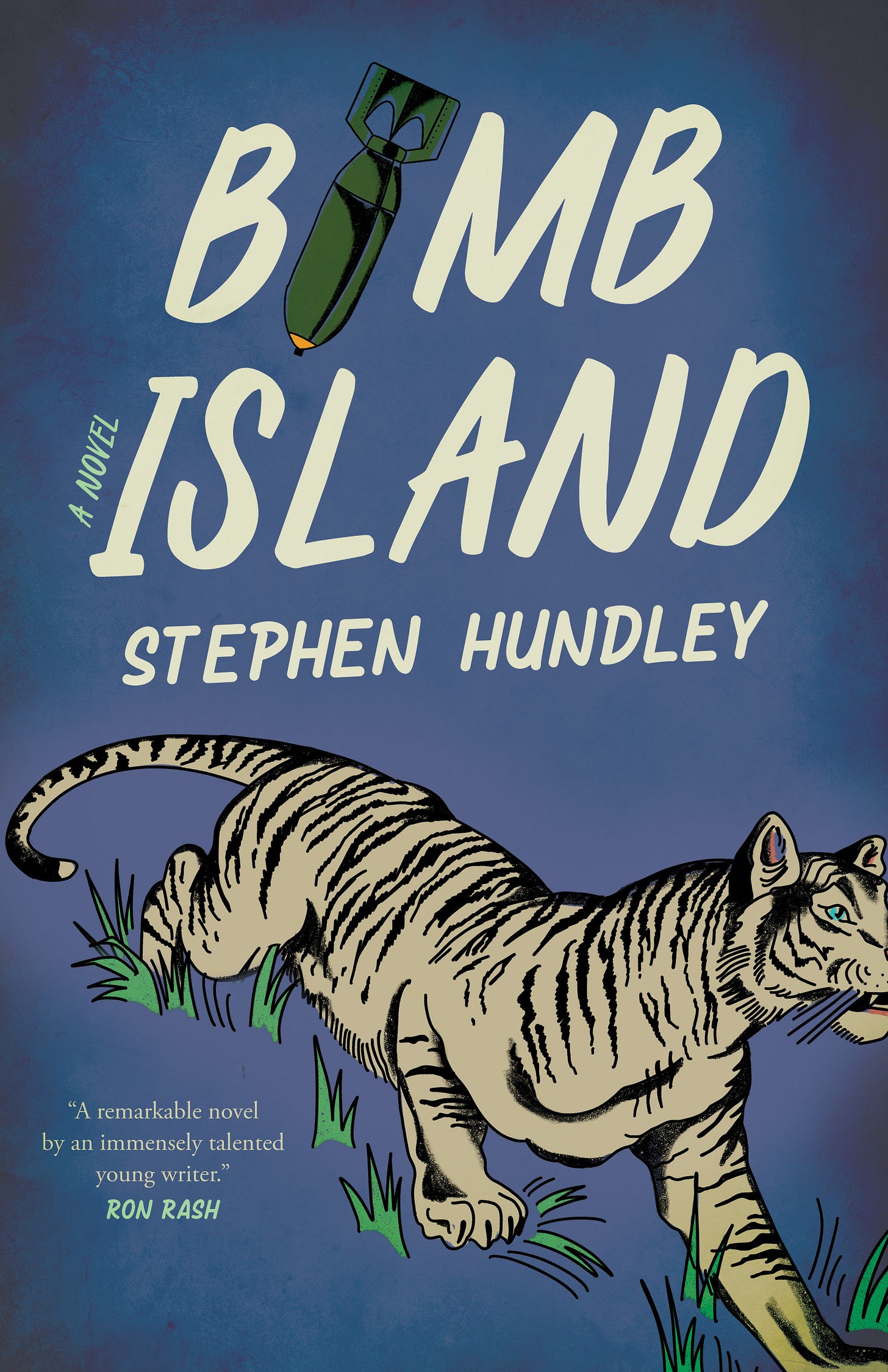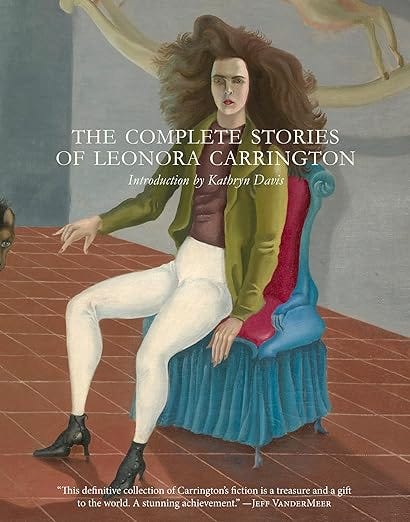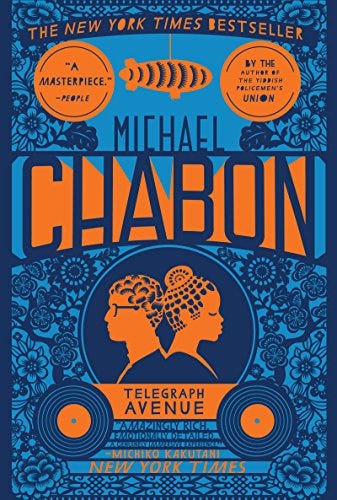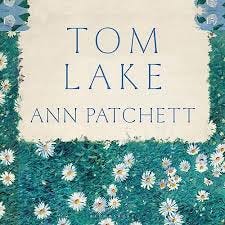Folks,
A lot happened this month.
The Tour de France came and went. The Paris Olympics started. There were family visits and sightings of river otters and swimming deer. We celebrated the Fourth with some friends up in Michigan.
On the fifth, Team Human drafted a promising new prospect down in Atlanta, so we drove down to meet her. Roselyn Marie Smith’s her name, but you know sometimes nowadays they give ballplayers peculiar names…
Costello: You mean funny names.
Abbott: Nicknames, pet names, like Dizzy Dean—
Costello: His brother Daffy—
Abbott: Daffy Dean—
Costello: And their cousin!
Abbot: Who’s that?
Costello: Goofy!
Abbott: Goofy, huh? Now, let’s see. We have on the bags—We have Who’s on first, What’s on second, I Don’t Know’s on third.
In this case, Roselyn Marie may or may not sometimes go by “Coco.”

It took an uncommonly good read to leave an afterimage distinct from the glimmer and crackle of dem fireworks.
Spotlight Read
One book in particular shines through.
Before Kelly Link or Carmen Maria Machado there was the surrealist painter and writer Leonora Carrington, whose uncanny fictional tales, written between the 1930s and 1970s, featured royal balls, talking horses, magical corpses, and anthropomorphized vegetables; ingredients that, along with a whiplash, unpredictable prose style, combined to create the savory readerly birria of my dreams.
It’s worth reading up on the English-born Carrington’s life, which includes expulsions and escapes from various institutions—Catholic boarding schools, Parisian finishing schools, asylums—and a founding role in Mexico’s Women’s Liberation Movement. The SparksNotes version of that biography can be found in Kathryn Davis’ Introduction to The Complete Stories of Leonora Carrington, a 2017 collection from the feminist press Dorothy, that gathers, for the first time, all of Carrington’s short fiction into a single (short) volume.
Vice reprinted two of the stories from the collection, “The Debutante” and “The Royal Summons,” both from the late-1930s. Check them out here. Watch Elizabeth Hobbs' excellent animated short film adaptation of “The Debutante” here.
Also Read
Stephen Hundley’s debut Bomb Island is a funny and tender coming-of-age novel set on a fictionalized version of Georgia’s Cumberland Island featuring an unexploded atomic bomb, a loose tiger, and a dwindling utopian nature cult. A good read.

After extolling the pleasures of reading Michael Chabon in the June report, it’s with some chagrin that I report a bit of dislike for his 2012 novel Telegraph Avenue.
I can’t quite square my reaction to the novel with the copious praise it received except to acknowledge that every act of reading is a personal act embedded in the vicissitudes of time and history: so maybe in 2012 this novel would have spoken to me more than it does today.
Or maybe it’s simply the case that it’s no longer necessary to, as John Freeman of the Boston Globe put it in his review of the novel, apply “energy toward imagining the Great American novel with a multiracial cast;” such novels now exist in reality by the dozens, penned by talented writers from all across the U.S.
Your friend in reading,
Evan
Becca’s Pick of the Month
This month Becca recommends Ann Patchett’s Tom Lake, which takes place on a cherry farm in Michigan.
She says, “I started it in a hammock in Michigan, but that’s not required (unless you want to brag about it, like me).”
When asked what she liked about it, she tells me, “I liked how the story unfolds. It’s a good length, not too long. And it’s an interesting story. It’s mostly a mother telling her three adult children about a summer spent in this place called Tom Lake and working as an actor. I don’t know. That’s just what it’s about.”








